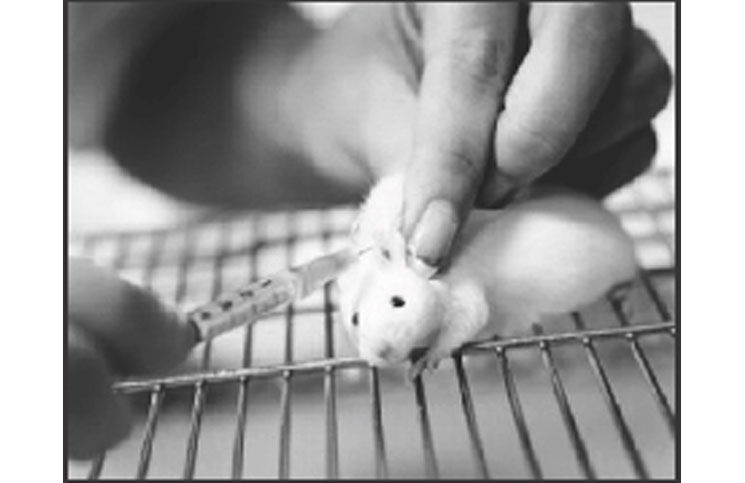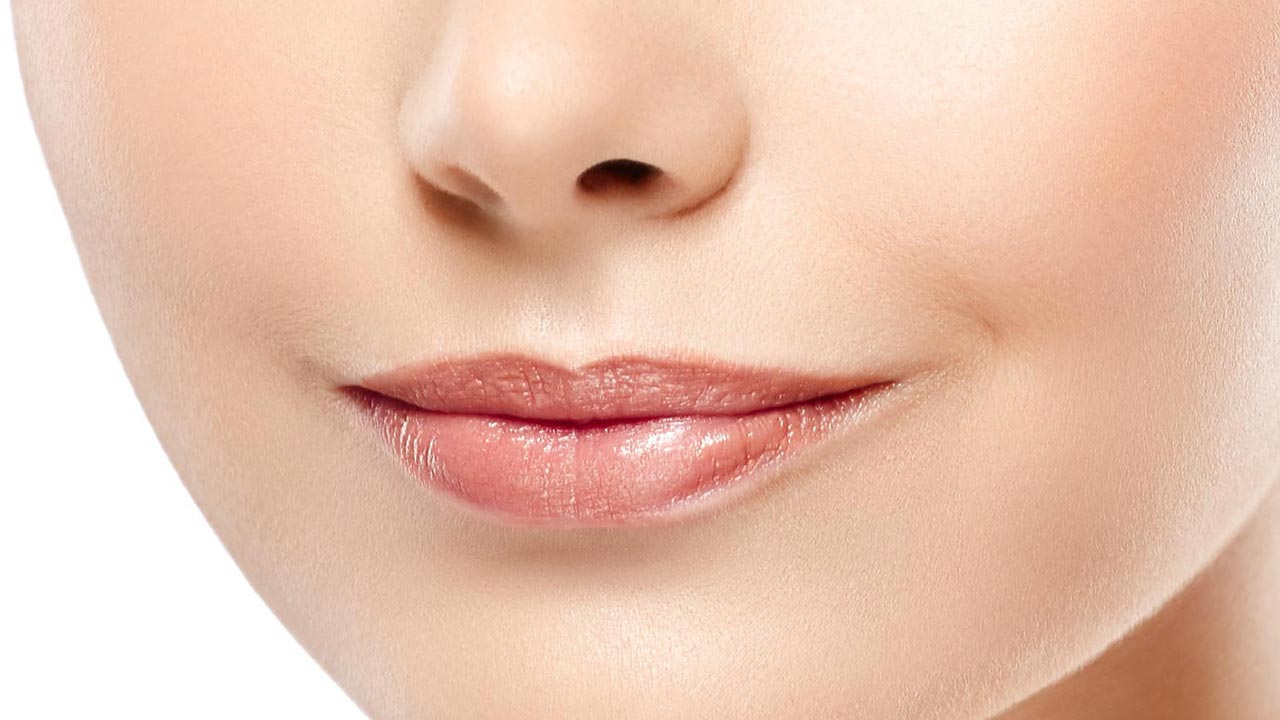Since time immemorial, makeup has been seen and used as an effective tool in temporarily altering one’s outward appearance. Even more so today, where artificiality and cover-ups seem to have become the backbone of our lifestyle and very existence. Being associated with the glamour industry, I too use makeup, though I restrict it to only when I’m facing the camera. However, until today, I was unaware of a few startling yet common ingredients of makeup products and their manufacturing processes.
Most women reading this article will immediately misthink that their choice of makeup brands is surely safe and harmless. Here is a reality check – all major professional and popular brands of makeup contain ingredients that are not only detrimental to your health, but also to the environment at large.
For the fashion conscious, ‘Red Lips’ is a phrase that never goes out of style. But have you paused to consider what goes behind the making of these red lipsticks that falsely promise you that famous red pout? Its dead insects! Yes, you read that right. Cochineal beetles are tiny insects native to South America and Mexico that feed on red cactus berries. As a result, when these beetles are crushed and boiled, a powerful red dye called carmine is produced. It is this carmine that is used to prepare lipsticks and eye shadows that are red, pink and purple in colour. Makeup companies cleverly disguise writing ‘dead insects’ or ‘insect-based’ on their product labels and opt for ‘cochineal’ or ‘carmine’. Since consumers are unaware of these terms and their implications, these companies cash in on their ignorance.
Unfortunately, carmine isn’t the only alarming animal based ingredient found in makeup products. Mascara and nail polishes owe their shimmering quality to ground fish scales. Many lipsticks, eye shadows and foundations contain tallow to lend them their moisturizing properties. Tallow is made by rendering animal fat, which implies boiling animal carcasses to create fatty by-products. These decaying animals are sourced from dead stock, laboratory animals, expired meat from stores or even those killed and left on the road.
Along with the above ingredients, makeup products are also found to contain worrying levels of toxins and metals. Eye liners and concealers contain cadmium, powders and blushes have nickel in them, lipsticks are known for their lead content and mascara and eye shadows are not arsenic-free. These toxins are absorbed throughout the skin and can pose a series of health concerns like hormone imbalance, headaches, neurological disorders, skin allergies, hair loss and kidney problems.
In addition to adopting the above manufacturing processes that are reflective of their apparent greed and apathy, the beauty industry goes one step further in safeguarding their selfish interests. Most makeup and cosmetic brands test their products on animals. A series of individual ingredients and finished products are tested on rabbits, mice, rats and guinea pigs to determine their allergic reaction potential. The Draize Rabbit Eye Test is used to gauge eye irritation and corrosion effects of products. As a consequence, it invariably results in eye redness, bleeding, ulcers or blindness of the tested rabbits. Similar skin irritation tests on shaved skins of animals leave them with rashes, inflammations, scaling or lesions. After conducting these tests, the animals are no longer required and they are inhumanely discarded and killed.
Despite public outcry against such ruthless and barbaric acts, most companies still continue with animal testing. In 2013, a few nations like Norway, Israel, India and the European Union have taken steps against cruelty towards animals and have banned cosmetic testing on them. To ensure that you do not advocate this form of insensitivity, when buying any makeup product, look for the sign of a leaping bunny – the international sign for no animal testing – on the product label. Organic brands of makeup like Quinta Essentia Organic are devoid of chemicals, preservatives and toxins and are non-supportive of any kind of animal cruelty.
Sensitization towards animal cruelty and awareness of existing beauty malpractices is the need of the hour. If consumers boycott beauty products that are tested on animals, manufacturing companies will have no choice but to mend their ways. It is a misconception that since you are individually and physically not being cruel to animals, it is an acceptable way of life and will have no consequences. As Yogi Ashwini says, it is the concept of ‘I’ – greed for more, selfishness, accumulation & hoarding – that has resulted in the misuse and exploitation of resources, cruelty towards animals and the destruction of nature. Every single individual’s thought and effort has the power to positively affect and protect the ecosystem.
To join DF initiative to protect animals, www.dhyanfoundation.com





